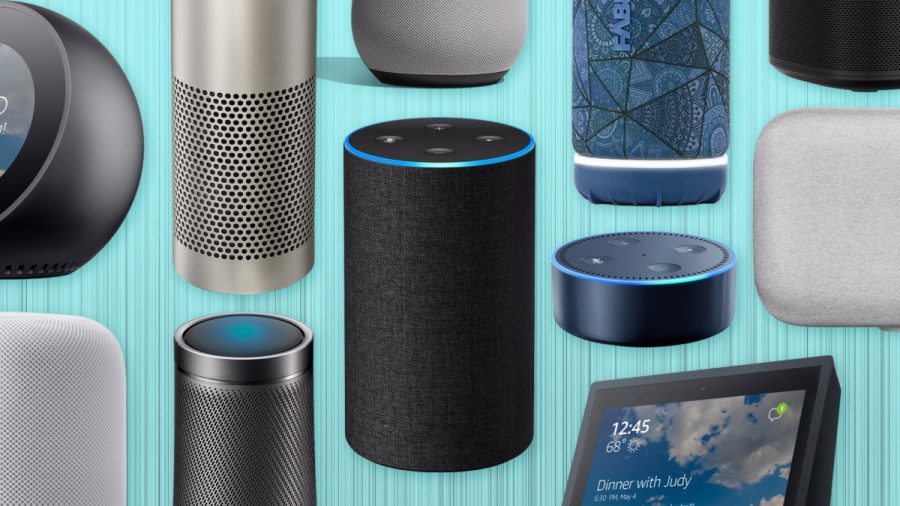Smart Speakers Pose Both Convenience and Privacy Risk
I recently compiled a survey for one of my communication courses discussing media effects. Specifically, I chose to research smart speakers. Three questions headlined my survey: Why do people buy smart speakers, do people alter their behavior around them and most importantly, do they feel private or safe around them?
While I did not conduct any experiments or gather any data, those questions still resonate with me, and it’s an important topic of research too. For one thing, more people are purchasing smart speakers, with companies practically giving them away in order to put them in people’s homes. They’ve also become a major selling point for some of the world’s biggest companies, including Google and Amazon. There must be a reason why.
People make such a point of protecting their privacy in this online age — browsing the web in incognito mode, enabling secure profiles on social media and only presenting so much of themselves to the digital audience. Yet, at the same time, people are so willing to participate in the internet, practically revealing their life stories on Reddit or telling their deepest secrets to the web, to the point where even if they have an anonymous name, they build an online identity of their own. So how concerned about privacy are we really?
Smart speakers may be the biggest question of that. They are a literal spy in your home. With the microphone enabled, they can pick up every conversation as they wait to hear the proper code word of “Alexa” or “Google.” They can complete personalized tasks for you, whether it’sit be reading text messages or setting up calendar dates. They are a rightsecond-hand companion in your life.
In theory, it sounds fantastic to have a device that can complete tasks more efficiently so you don’t have to. In practice, that isn’t really the case. I bought a Google Home, yet rarely use it, even when I have stayed home for the majority of the past few months, and I use “Bixby” and the “Google Assistant” on my phone even less. In fact, all I really do with my Google Home is play music from it. A glorified speaker and nothing more.
The entire purpose of having the device is so it seamlessly responds to the wake-up call of “Ok, Google.” The problem? I have the microphone disabled 99% of the time. That is the fine line between privacy and functionality. In order to preserve my privacy, I need to make sure the device does not do the one thing it is supposed to.
Why did I buy one in the first place? It was cheap, it sounded convenient, and it seemed like everyone had one. I didn’t want to be excluded. Yet now I have a device that really doesn’t have much of a purpose, and I am left thinking about how I can give it one.
I am quick to embrace most technologies, and to be honest, I’m really not all that concerned about what Google knows about me. I give them my location, dentist appointments and complete surveys to add to my Google Play balance. And I wouldn’t have an issue letting them listen into my life either — they probably already are.
The problem is that I’m okay with that: that we’ve accepted the lack of privacy to the point where it has become status-quo. The scariest part? That might just be the admission price of this information age. I don’t worry about that, nor does it even cross my mind most days, but it did today, as I type with my Google Home right beside me.
Google is sitting in the background, along with Amazon and Apple, not worrying about what I do with my speaker but accomplishing their goal of putting it in my home. It is yet another way they can learn just a little more about us.
With how accessible they are making these speakers, it seems the information is worth more than anything. What’s the benefit for us to offset that? I don’t know, but I have one in my home anyway, and that’s all that really matters.

Alexander Wolz is a sophomore majoring in communication and culture. He went from writing to assisting and will now be Sports Editing. He also loves video...













































































































































































































